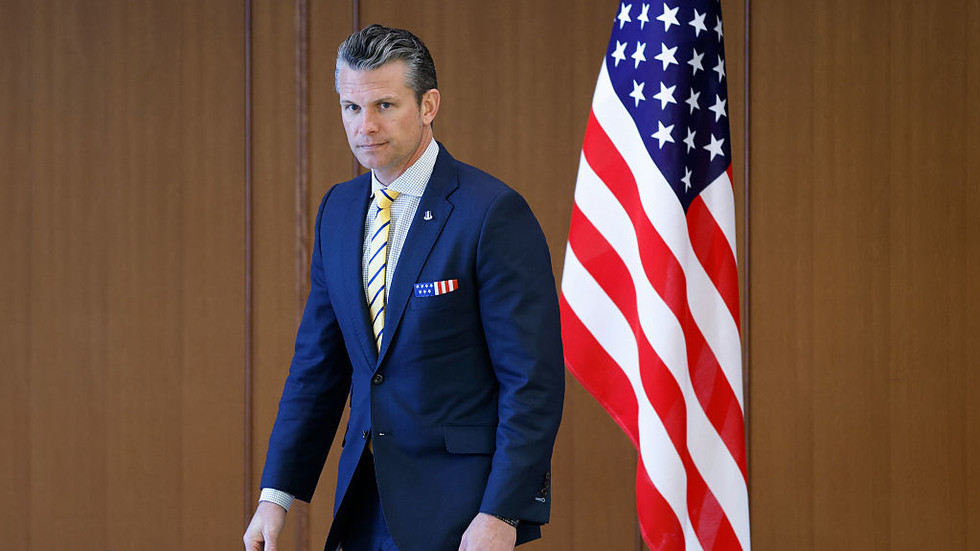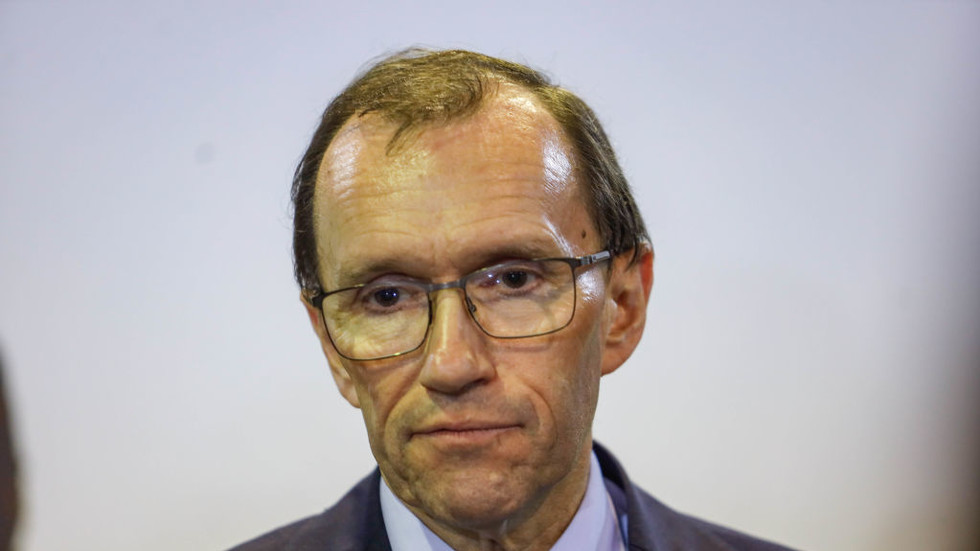The messenger’s rising cryptocurrency holdings have helped buoy it amid CEO Pavel Durov’s legal woes
Messaging app Telegram posted significant financial growth in the first half of the year, with revenues driven by strong performance in its cryptocurrency holdings, the Financial Times (FT) has reported, citing the platform’s disclosures. The gains have buoyed the messenger amid the legal challenges facing CEO Pavel Durov, the outlet noted.
The messenger’s digital assets rose to $1.3 billion in January-June from nearly $400 million at the end of last year, the FT wrote on Tuesday, citing unaudited financial statements. The value of Toncoin, Telegram’s own digital token, more than tripled over the stated period, according to trading data.
The crypto gains helped create a financial buffer for the Dubai-based company just before it was shaken by Durov’s arrest in France in August, the FT noted.
Telegram’s revenues were up 190% from the first half of last year, amounting to $525 million, according to the documents. Nearly half of the income came from a one-time deal with an unnamed party, which allowed Toncoin to be the exclusive method for small businesses to buy advertising on the app, explained the publication. The exclusivity agreement was terminated on October 1, it added.
Revenues from premium subscriptions nearly quadrupled, and advertising revenues roughly doubled in the first six months of 2024, according to Telegram’s financial disclosures.
Russian tech entrepreneur Durov, who also has French, UAE, and Saint Kitts and Nevis citizenship, was arrested after landing in Paris in late August and charged with multiple offenses, including complicity in distributing child porn, drug dealing, and money laundering. The charges stem from the accusation that Telegram’s lax moderation rules allow for the widespread misuse of the messenger service.
Durov was later released on bail of €5 million ($5.5 million) in early September, but has been banned from leaving France while his case is ongoing. Some of the charges against him could carry sentences of up to ten years.
The businessman has vehemently denied the accusations. Durov revealed last month that the messenger service had been complying with privacy policies in several countries and had been disclosing information about criminals to authorities for the past six years.

 4 months ago
27
4 months ago
27







 We deliver critical software at unparalleled value and speed to help your business thrive
We deliver critical software at unparalleled value and speed to help your business thrive






 English (US) ·
English (US) ·